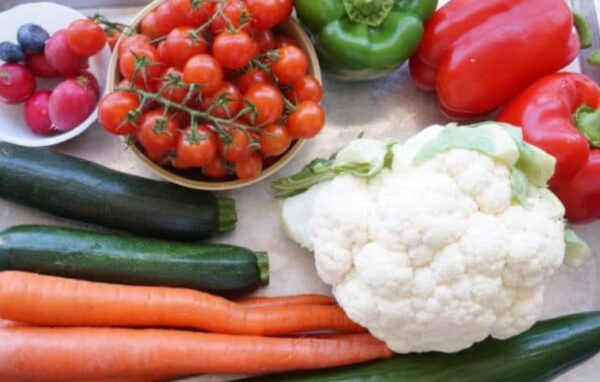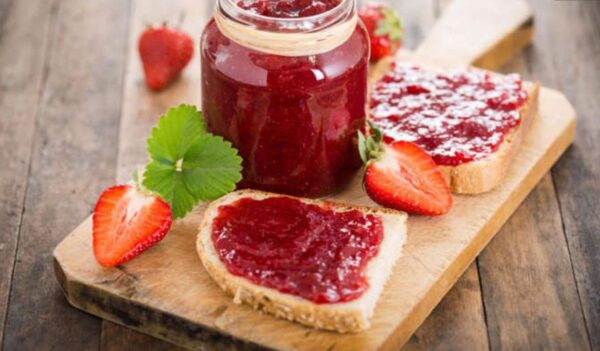Lifestyle
5 ingredients you should know are harmful to your pets

It is very important to look after our furry friends, especially their health and diet.
They should always have pet-friendly food so that no diseases can slow them down.
It is quite a habit among pet owners to lovingly feed their pets the food they eat.
Even if it is an act of love, it can be quite harmful to your pet as human food can have ingredients that can harm your pet.
For all the cautious pet owners out there, here is a list of ingredients you should never put in your dog’s food.
1. Glutamine
The digestive tract of a dog is not designed to absorb wheat-based items such as refined flour. You should keep wheat-based chapatis and biscuits away from your pets since they may cause persistent diarrhoea, coat health loss, and other problems. In addition, they may develop a small intestine inflammatory illness.
2. Sugar
Other typical household goods that are hazardous to dogs include artificial sweeteners and sugar. Biscuits include sugars that can cause canine diabetes, weight problems, and even poor dental health. Another artificial sweetener present in peanut butter that can induce liver failure in dogs is xylitol. Natural sugars found in pet-friendly fruits and vegetables are safe to eat since even dogs require sugars in the form of glucose to produce energy. A high-sugar diet causes an increase in blood sugar, which causes scalp inflammation.
3. Salt
A full and balanced diet for pets must have less than 1% salt. Manufacturers add salt to pet food for flavour and to encourage drinking water, thus salt is frequently present in suitable quantities. High salt consumption can contribute to high blood pressure and other health problems such as stomach cancer, stroke, and cardiovascular disease.
4. Genetically modified food
Dogs, like people, cannot avoid the dangers of genetically engineered crops and food products. Herbicides and pesticides cause interior damage by wreaking havoc on their organs. They can also induce skin and food allergies, immune system weakness, and cognitive impairment. Choose a dog food that claims to be non-GMO. Raw food is frequently found to be low on these metrics, but before changing your pet’s diet, visit your veterinarian.
5. Vegetable oil
Corn and soybean oils make up the majority of vegetable oil. If added to manufactured pet food in excess, it may be a trigger for inflammation. This can harm your dog’s joints, aggravate hip and joint pain, and cause arthritis. Corn flour and soy flour, on the other hand, are okay for dogs to consume.
Pet owners should keep in mind that human food is not the same as dog food. Our digestive systems are more complex than those of dogs, and feeding them food that we prepare at home may not be considered a balanced and complete meal. Aside from omega fatty acids, dogs require antioxidants, vitamins, and minerals that they cannot create on their own. As a result, you should choose the proper nourishment for your dog to ensure a healthy, energetic, and happy pet.










